Summaries of books about Science & Math:
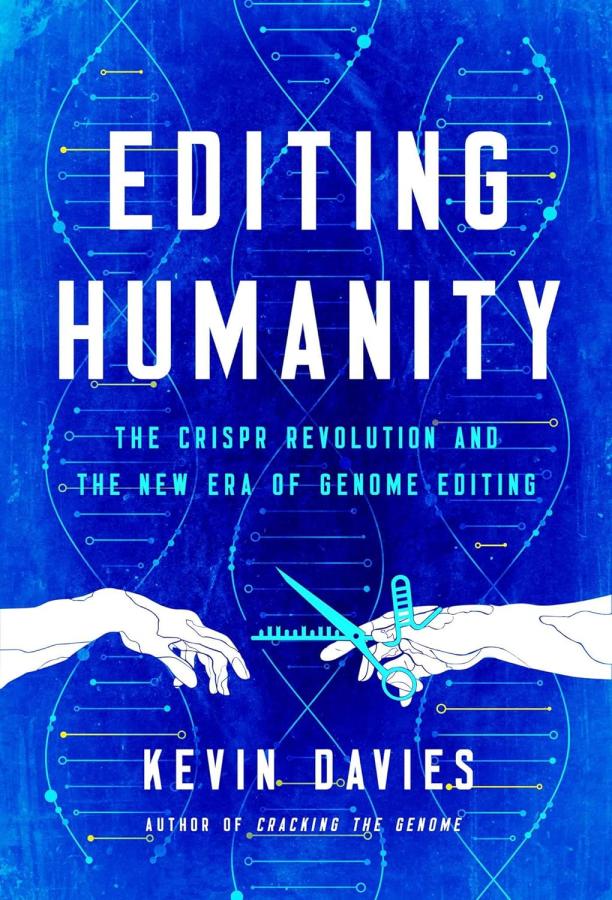
Editing Humanity
The CRISPR Revolution and the New Era of Genome Editing
Kevin Davies
The book delves into the discovery and development of CRISPR-Cas9, a groundbreaking gene-editing technology, and its wide-ranging implications for medicine, agriculture, and ethics. It explores the potential for curing genetic diseases, the moral dilemmas posed by the ability to alter DNA, and the stories of the scientists who pioneered this revolutionary tool.
See full summary
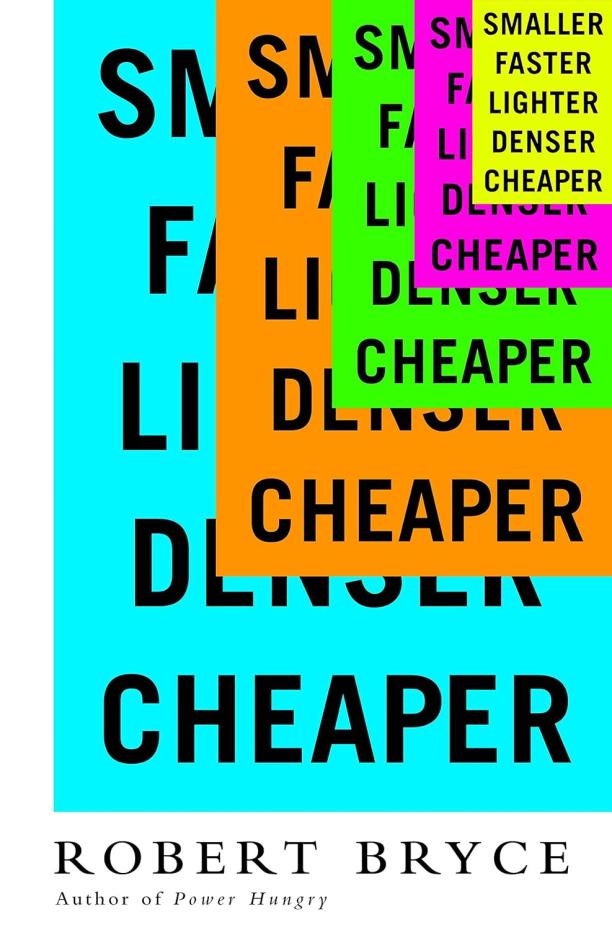
Smaller Faster Lighter Denser Cheaper
How Innovation Keeps Proving the Catastrophists Wrong
Robert Bryce
The book argues against pessimistic views on energy and technology, presenting a case for how human ingenuity leads to advancements that make resources more abundant, accessible, and efficient. It showcases examples of technological progress and innovation that have resulted in more productive and sustainable solutions, challenging the notion that we are headed towards a future of scarcity and decline.
See full summary
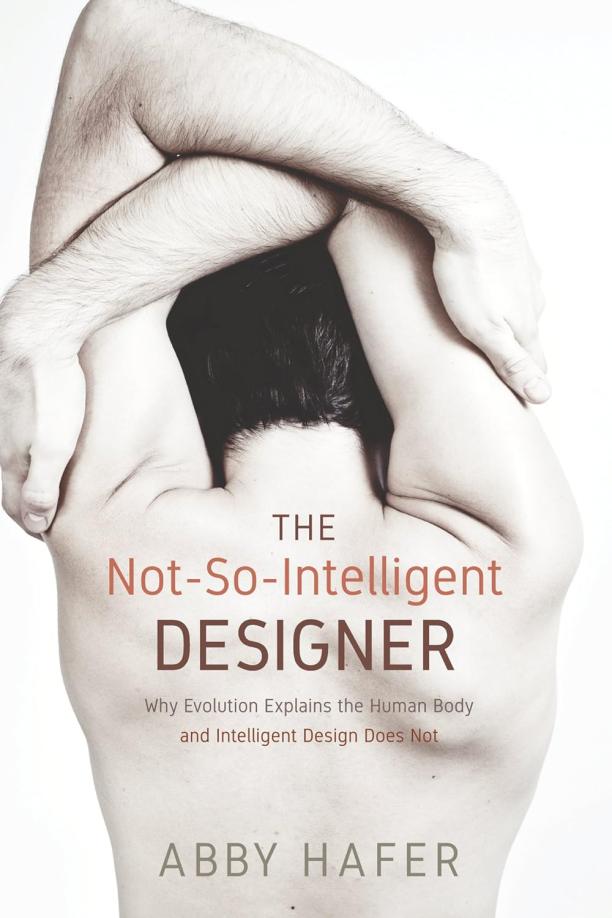
The Not-So-Intelligent Designer
Why Evolution Explains the Human Body and Intelligent Design Does Not
Abby Hafer
The book argues against the concept of intelligent design by highlighting the imperfections and flaws in the human body that suggest a natural evolutionary process rather than the work of an omniscient creator. It uses humor and scientific evidence to demonstrate how various quirks and inefficiencies in human anatomy and physiology are better explained by evolution than by the idea of a purposeful designer.
See full summary
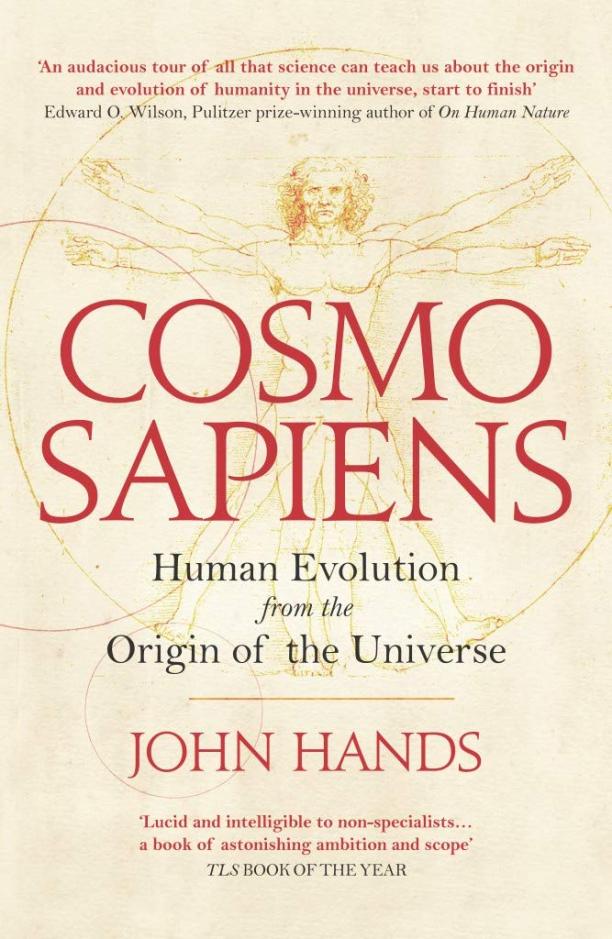
Cosmosapiens
Human Evolution from the Origin of the Universe
John Hands
The book explores the development of the universe from the Big Bang to the emergence of human life, integrating insights from a range of scientific disciplines. It examines the evolution of complexity in the cosmos, questioning traditional theories and proposing a new understanding of human existence in the context of cosmic history.
See full summary
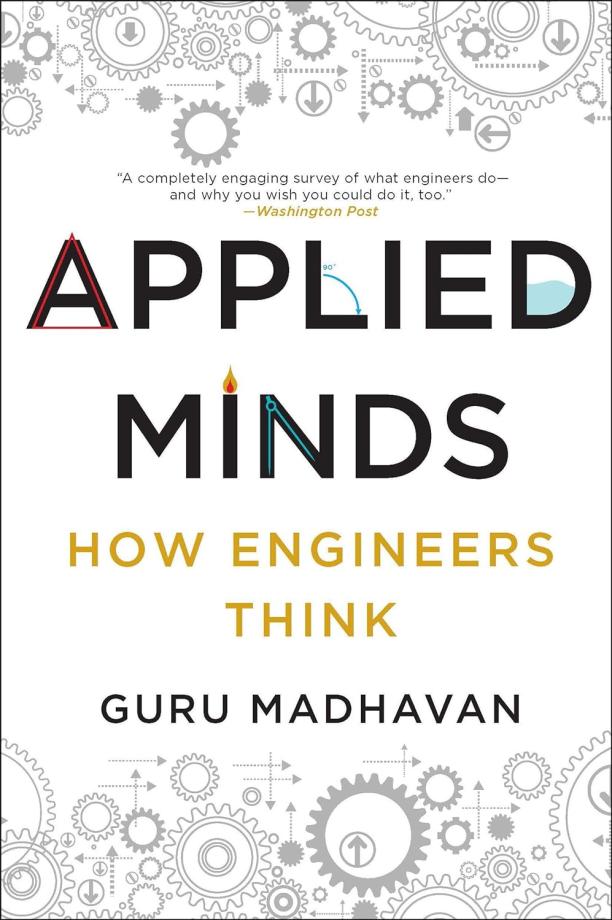
Applied Minds
How Engineers Think
Guru Madhavan
The book explores the engineering mindset, illustrating how engineers' unique problem-solving skills allow them to innovate and create solutions in various fields. It delves into case studies and principles that demonstrate how engineering approaches can be applied to tackle complex challenges in society and business.
See full summary
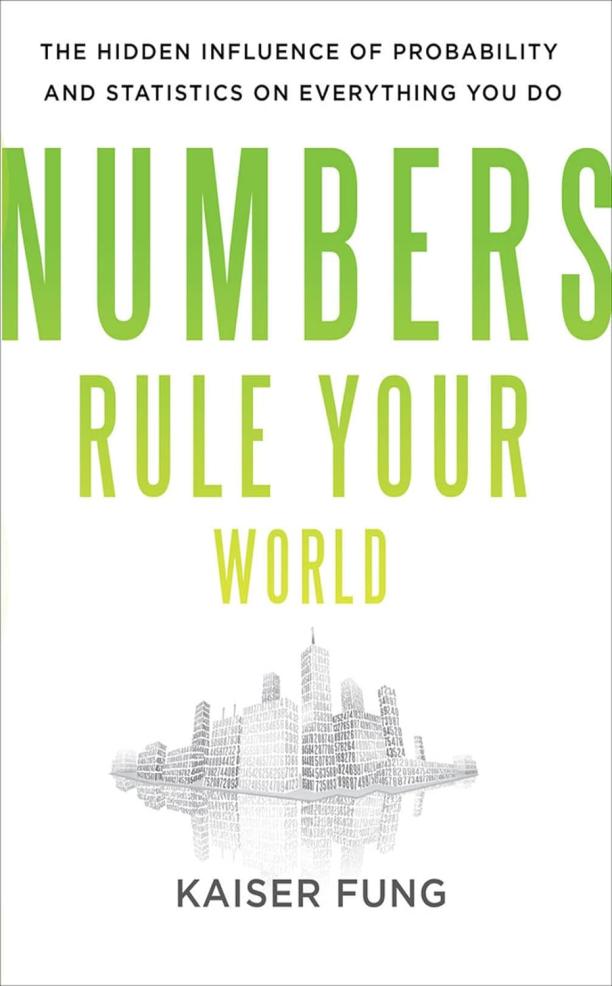
Numbers Rule Your World
The Hidden Influence of Probabilities and Statistics on Everything You Do
Kaiser Fung
The book explores the pervasive role of statistics and probability in various aspects of daily life, from sports and entertainment to health and safety. It illustrates through engaging stories and examples how these mathematical concepts shape decisions, policies, and outcomes in the modern world.
See full summary
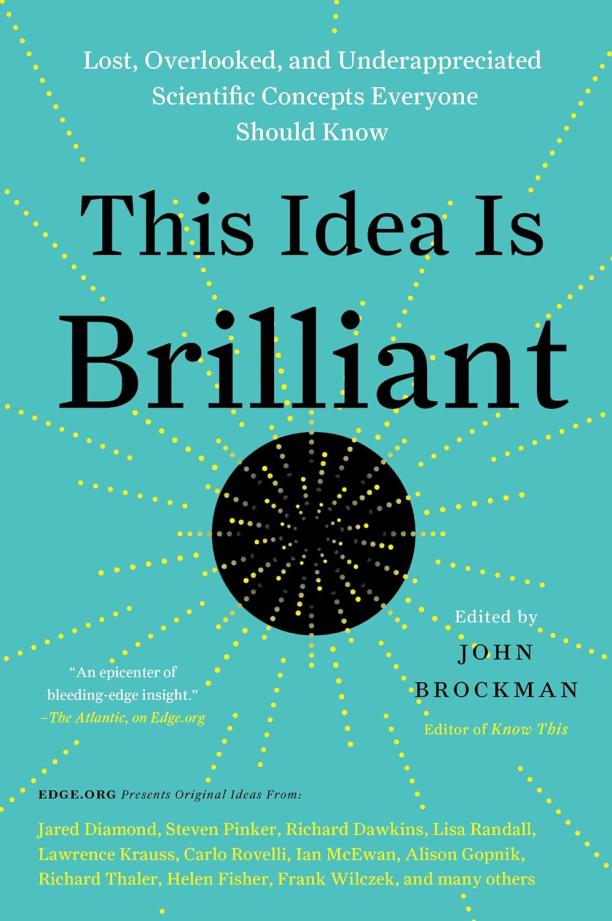
This Idea Is Brilliant
Lost, Overlooked, and Underappreciated Scientific Concepts Everyone Should Know
John Brockman
The book is a curated collection of essays from leading thinkers and scientists, each sharing a concept they believe is undervalued but crucial to understanding the world. Topics range from cognitive biases and information theory to quantum mechanics and complex systems, aiming to enlighten readers on ideas that can transform our grasp of reality.
See full summary

The Incredible Journey of Plants
Stefano Mancuso
The book explores the fascinating ways in which plants have adapted to spread across the globe, overcoming obstacles and colonizing new environments. It delves into the science of plant behavior, revealing the ingenious strategies plants use to migrate, survive, and thrive in diverse conditions.
See full summary
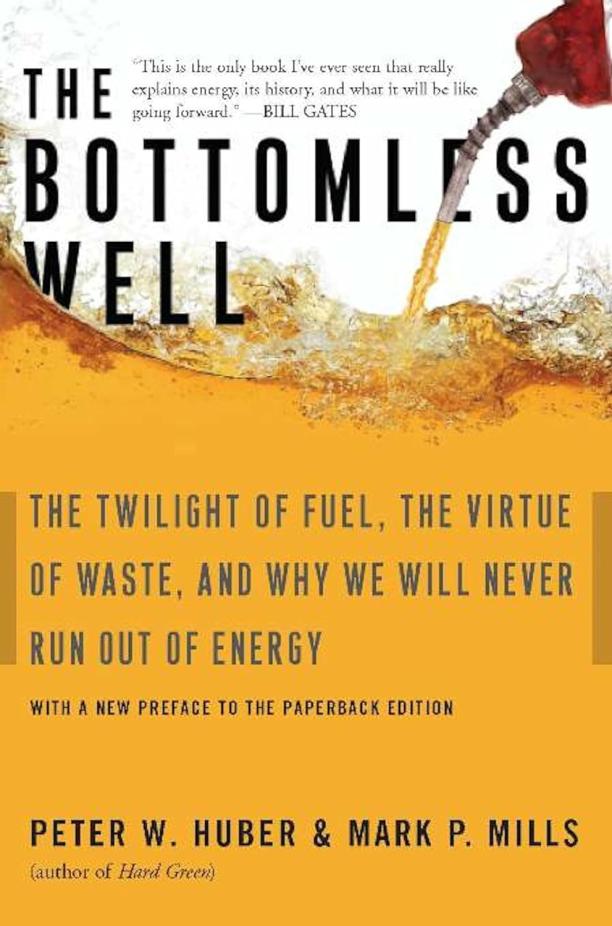
The Bottomless Well
The Twilight of Fuel, the Virtue of Waste, and Why We Will Never Run Out of Energy
Peter W Huber|Mark P. Mills
The book challenges conventional wisdom about energy production and consumption, arguing that our understanding of energy is flawed because we focus on efficiency rather than power density and that technological innovation will continue to provide abundant energy. It posits that waste is an inherent and beneficial aspect of energy use, and that the future will be characterized by an ever-increasing supply of energy resources due to human ingenuity.
See full summary
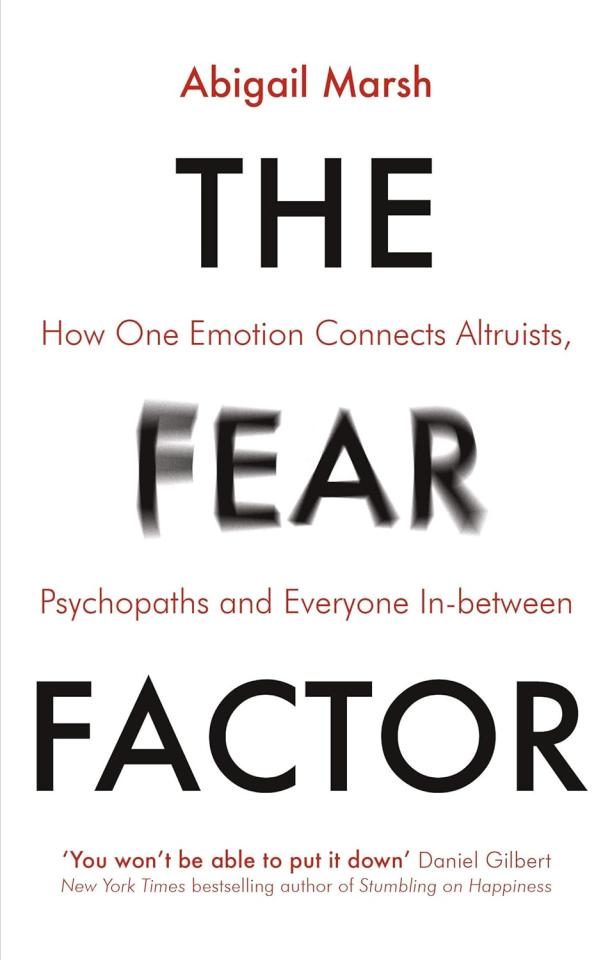
The Fear Factor
How One Emotion Connects Altruists, Psychopaths and Everyone In-Between
Abigail Marsh
The book explores the psychological and neurological underpinnings of fear, empathy, and altruism, drawing on research and stories that range from acts of extraordinary heroism to the behavior of psychopaths. It examines the role of the amygdala in processing fear and emotions, and how variations in this brain region can influence people's capacity for both extreme good and extreme evil.
See full summary